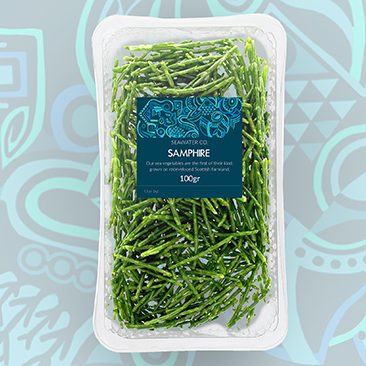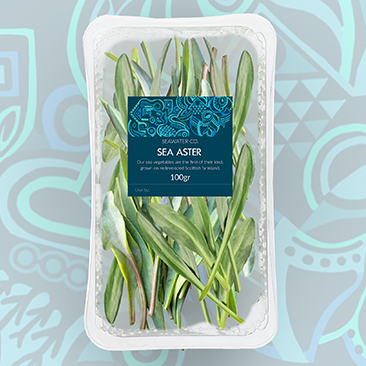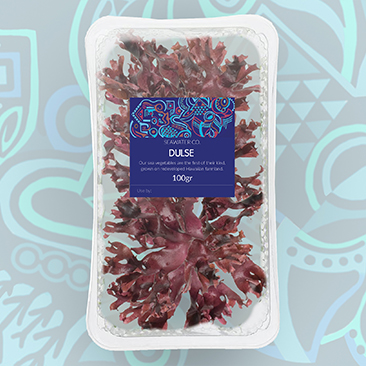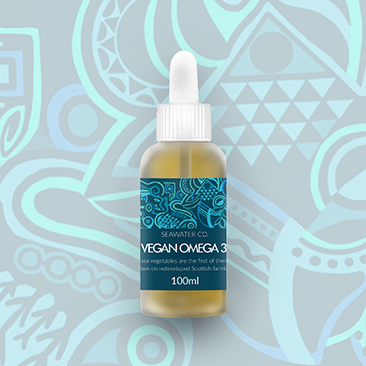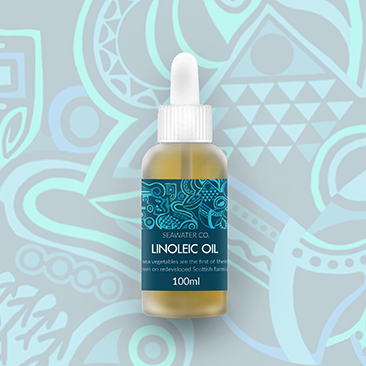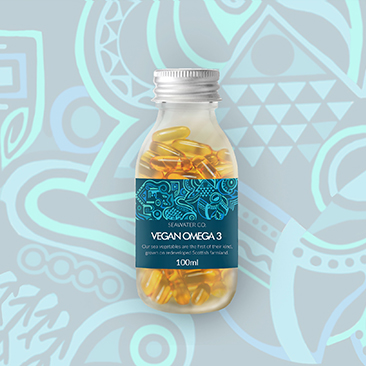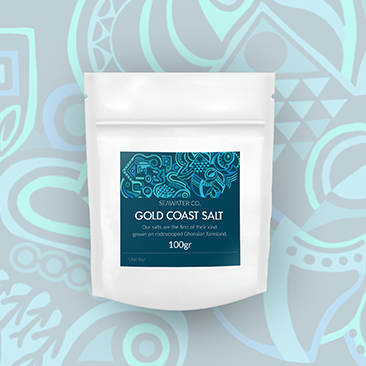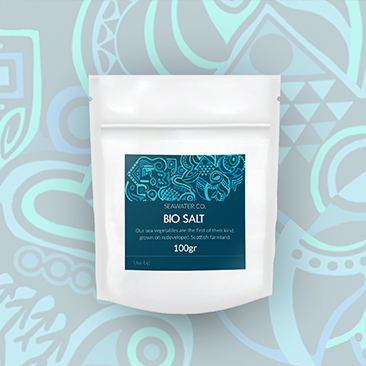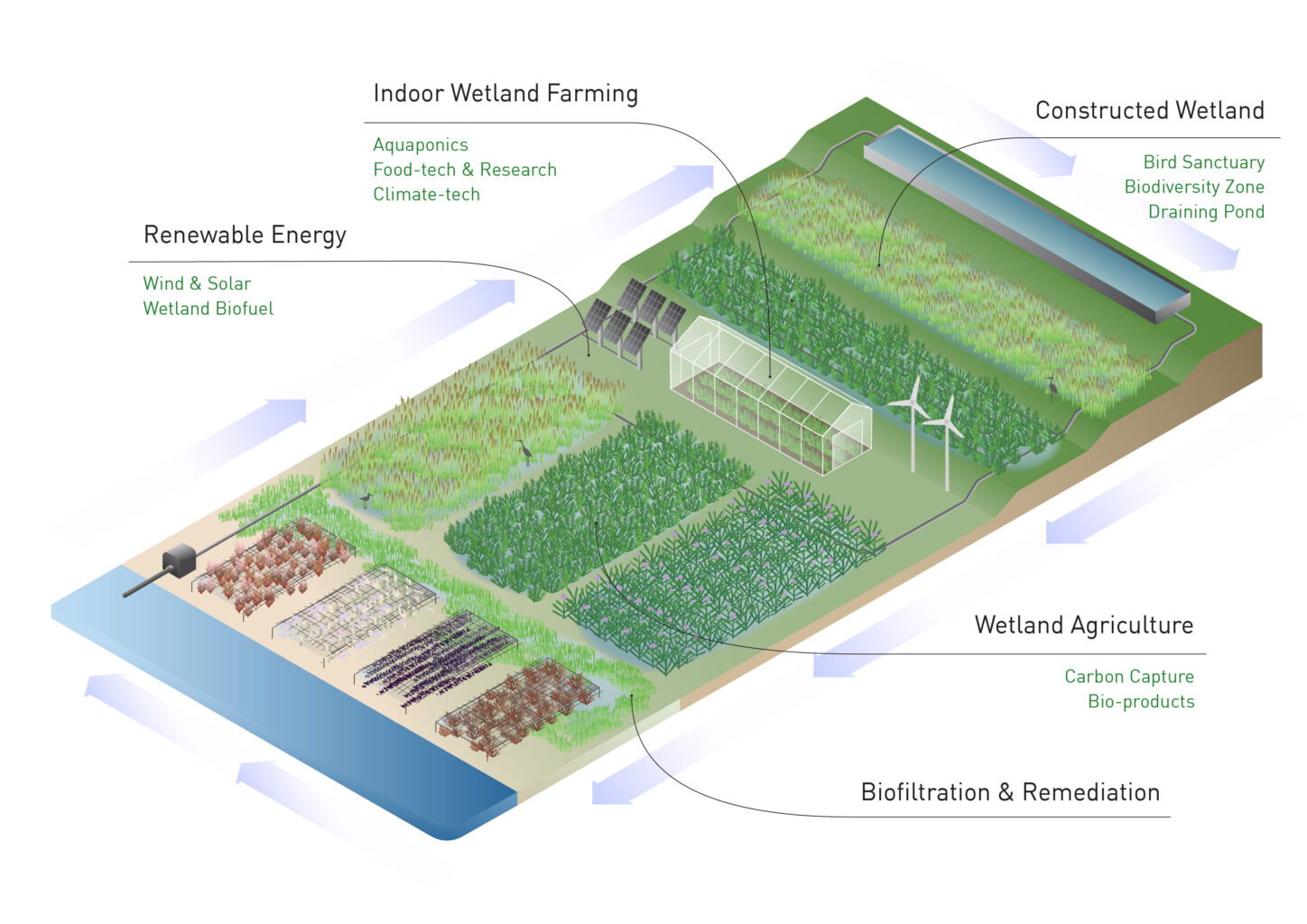The UN Says There is Less Than a Decade to Avoid a Climate Change Catastrophe









This situation cannot continue…
Seawater Farming
Seawater Solutions champions climate resilience by rethinking farming and equipping farmers with systems that tackle the challenges of climate change.
Our aim is to promote sustainable agricultural innovation, environmental promotion and rural development, whilst pursuing the sustainable development goals from the United Nations.
Sea vegetables represent a multi-million GBP market, and one which is expected to grow 8-10% annually.
We Offer to our Partners
High-value ‘superfoods’ (such as Samphire) for domestic and international markets
Increased incomes in a context of diminishing market returns
Increased yields and soil health
Support moving towards organic, no-tillage and regenerative farming practices
Promotion of wildlife through ecosystem restoration/creation
Defence of their coastlines from rising sea-levels
Significantly increased carbon capture potential of their land.
Find out more about our seawater farming systems.
Salt-tolerant Crops
Seawater Solutions are the first operation in the UK to grow halophytic plants on farmland.
In fact, we are the first in Europe to redevelop farmland to introduce wetland ecosystems, and artificially introduce seawater.
Over the next three years we aim to introduce 30+ salt-tolerant vegetable species for various products.
Our focus for these saline crops is for consumption towards a rapidly growing sea-vegetable market that is hungry for organic, nutritious, and environmentally-promoting produce.
Samphire has gained a reputation as a “superfood” with astounding nutritional value, including Omega 3, high levels of iron, and the highest linoleic acid content of any crop.
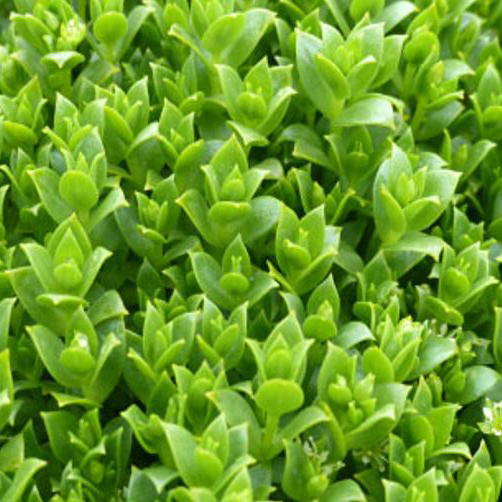
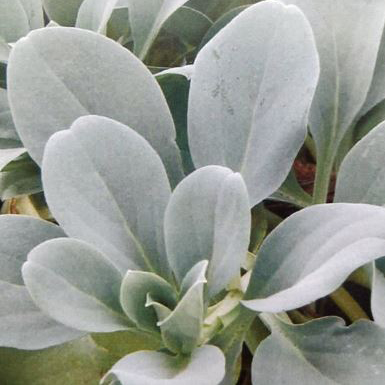
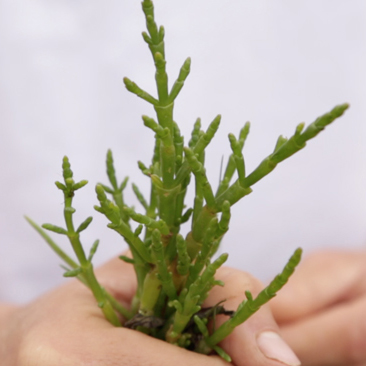
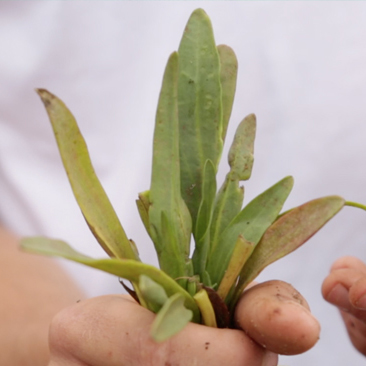
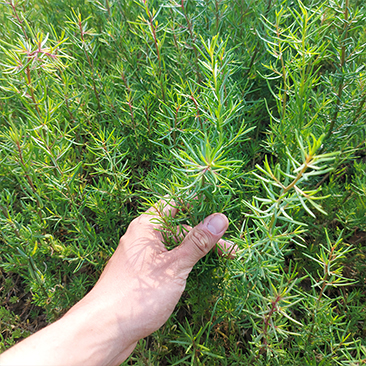

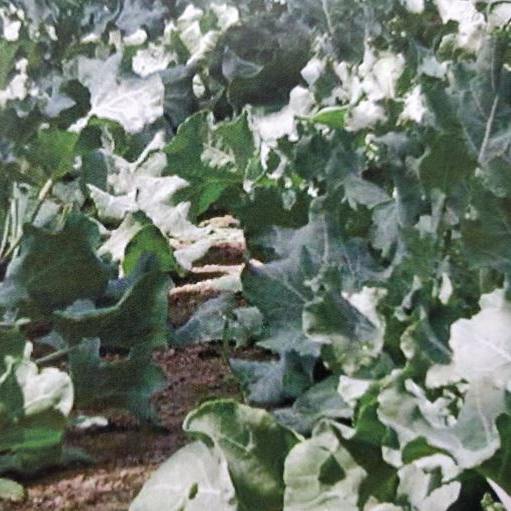
Find out more about our salt-tolerant crops.
By-products
Salt-tolerant crops, also known as halophytes, are amazing plants.
Not only do they grow in extreme environments to create a highly nutritious superfood, but they also have significant potential for by-product cultivation, including:
Nnatural salt substitutes produced from saline plants with high potential in health industries.
Oils for cosmetics, such as linoleic acid used in skin-care products.
Biofuels, with high potential for cultivation in concert with our planned operations in Bangladesh.
Sea-plant animal fodder has immense potential globally with various saline crops proven to improve animal health, and is a sustainable alternative to imported feed.
Carbon credits for environmental and CSR initiatives.
